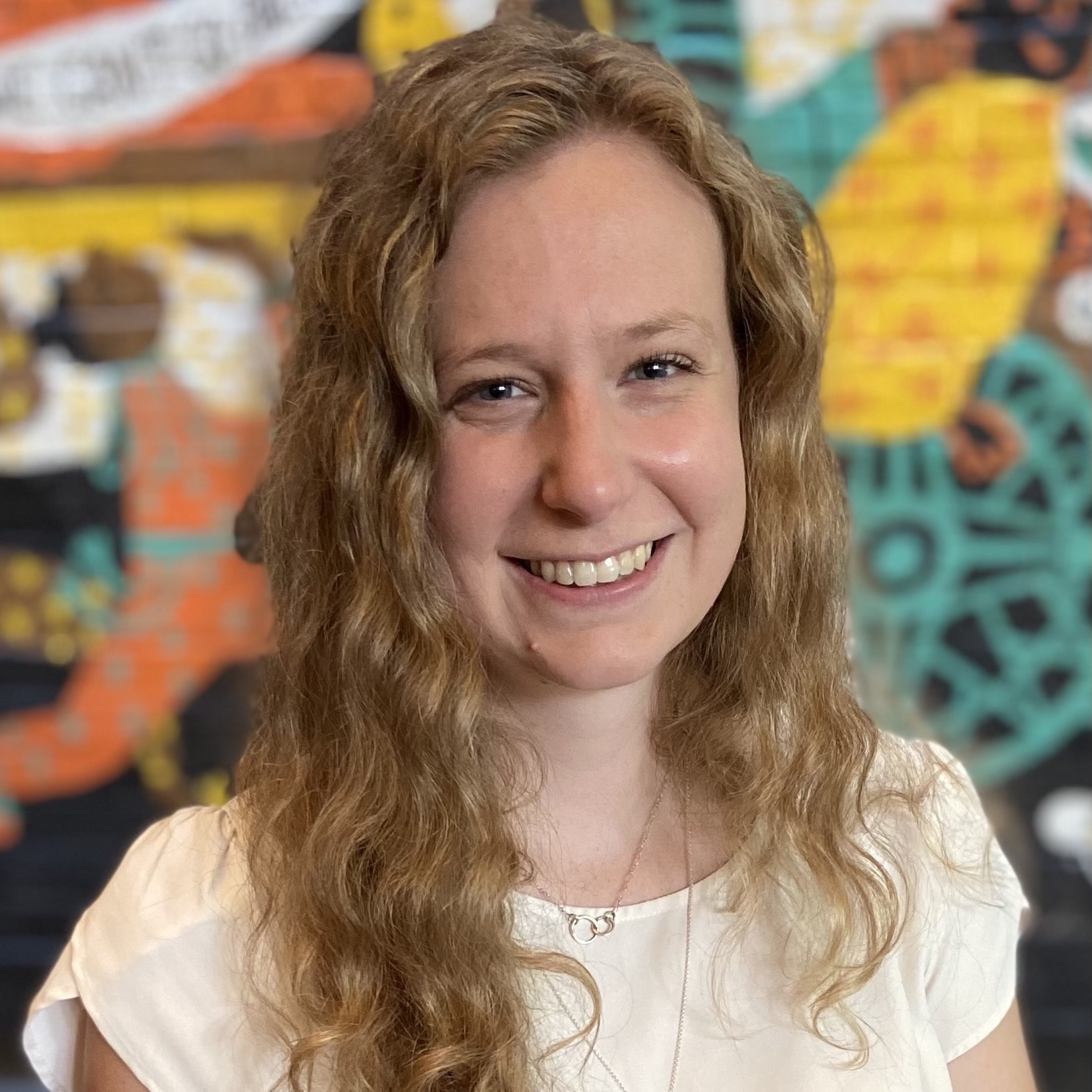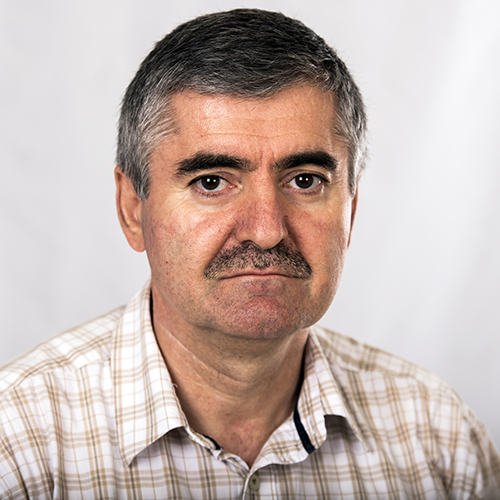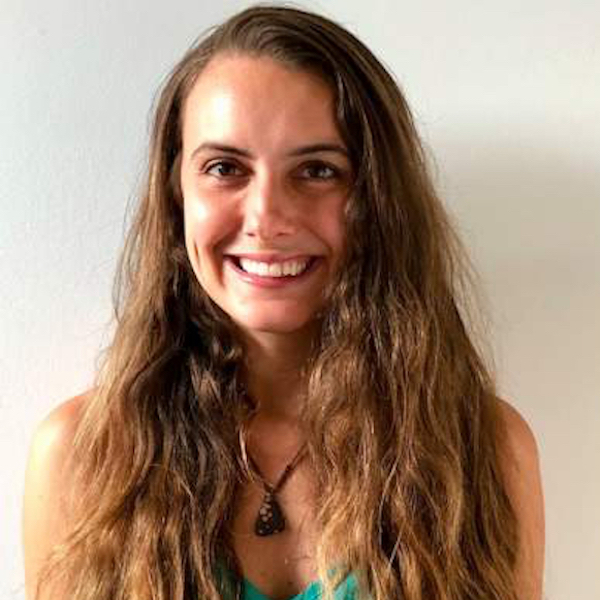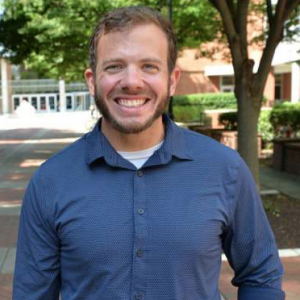Steering Committee
The Externalizing Consortium was launched in 2017 and is currently led by Dr. Danielle Dick, with funding from NIDA (R01DA050721), in collaboration with other key leaders, contributors, and analysts as follows:
Rutgers University:

Danielle M. Dick, Ph.D., is a Professor of Psychiatry at Rutgers Robert Wood Johnson Medical School where she serves as the inaugural director of the Rutgers Addiction Research Center at the Brain Health Institute and holds the Greg Brown Endowed Chair in Neuroscience. Her research focuses on understanding genetic and environmental influences on substance use and related outcomes across development.

Holly Poore, Ph.D., is an Instructor in the Department of Psychiatry at Rutgers Robert Wood Johnson Medical School. Her research focuses on understanding the sources of phenotypic and genetic overlap among various forms of psychopathology, behavioral, and personality traits.

Sarah Brislin, Ph.D., is an Assistant Professor in the Department of Psychiatry at Rutgers Robert Wood Johnson Medical School. Her research focuses on determining biological mechanisms that contribute to the expression and development of externalizing behavior in adolescence.

Jill Rabinowitz, Ph.D., is an Assistant Professor in the Department of Psychiatry at Rutgers Robert Wood Johnson Medical School. Her research focuses on understanding the individual and joint contributions of social determinants and individual characteristics that may influence the developmental course of substance use.

Fazil Aliev, Ph.D., is an Associate Professor in the Department of Psychiatry at Rutgers Robert Wood Johnson Medical School. Dr. Aliev’s background is in mathematical statistics, and his current research is mainly concentrated on large-scale genetic studies of alcohol use disorders and related outcomes.

Emily Balcke, M.Sc., is Program Manager at the Rutgers Addiction Research Center and serves as the project coordinator for the Externalizing Consortium.
University of Texas at Austin:

Dr. Paige Harden is Professor of Psychology at the University of Texas at Austin, where she directs the Developmental Behavior Genetics Lab and co-directs the Texas Twin Project . Her research uses genetic methods to understand the developmental roots of social inequality across the lifecourse. She is the author of The Genetic Lottery: Seeking Equality in a World Where Genes Shape Success.
University of California – San Diego:

Abraham A. Palmer, Ph.D., is Professor and Vice Chair for Basic Research in the Department of Psychiatry at the University of California San Diego (www.palmerlab.org) and is the Director of the NIDA National Center of Excellence for GWAS in Outbred Rats . His research explores the genetic and molecular basis of behavior using humans, rats, mice and zebrafish. His other car is a 1977 VW bus.

Sandra Sanchez-Roige, Ph.D., is an Associate Professor at the University of California San Diego and Vanderbilt University. Her laboratory uses genetic tools to unravel the biology of substance use disorders and comorbid psychopathology, using humans and animal models.

Natasia Courchesne-Krak, Ph.D., is an Assistant Professor in the department of Psychiatry at University of California San Diego. Her research explores the genetic and phenotypic factors driving the development and expression of substance use disorders and externalizing behaviors, with a focus on women, pregnant women, and children/adolescents.
Massachussets General Hospital / Harvard University:

Travis T. Mallard, Ph.D., is a postdoctoral research fellow working with Dr. Jordan Smoller in the Psychiatric & Neurodevelopmental Genetics Unit at Massachusetts General Hospital and Harvard Medical School. His research uses genetic methods to understand the etiology of psychopathology with an emphasis on substance abuse and serious mental illness.
SUNY Downstate Health Sciences University:

Peter B. Barr, Ph.D., is an Assistant Professor at the State University of New York (SUNY) Downstate Health Sciences University and a health scientist at the VA New York Harbor Healthcare System. His research explores the interplay between genetic risk for psychiatric disorders and social conditions across the lifecourse. In his spare time, he aspires to be a slightly above average masters weightlifting competitor.
Vrije Universiteit Amsterdam:

Dr. Philipp Koellinger is Professor of Public Affairs at University of Wisconsin-Madison and Professor in Economics at Vrije Universiteit Amsterdam. His research investigates how genes influence economic behavior, and how insights into the genetic architecture of behavioral outcomes can inform social and medical research. He is one of the founders and PIs of the Social Science Genetic Association Consortium and the BIG BEAR research consortium.
Leiden University:

Richard Karlsson Linnér, Ph.D., is an Assistant Professor at the department of Economics at Leiden University. His research includes investigating the genetic architecture of mental disorders and health-risk behaviors, including smoking, substance use disorders, and addiction, by leveraging large-scale molecular genetic datasets. He dreams of owning a 1977 VW bus, preferably in turquoise.
Emory University:

Irwin D. Waldman, Ph.D., is Professor of Psychology, Head of the Behavior Genetics of Child Personality & Psychopathology Lab, and a member of the Center for Quantitative & Computational Genetics at Emory University. His primary research interests are in developmental psychopathology, the structure of psychopathology, and developmental behavior genetics.
École Normale Supérieure:

Camille M. Williams, Ph.D., is a postdoctoral researcher at the École Normale Supérieure in Paris, France. She uses genetic, environmental, and neuroimaging data to study individual differences in cognition and psychopathology. Her latest research focuses on shared genetic and brain associations across behaviorally similar traits and disorders.